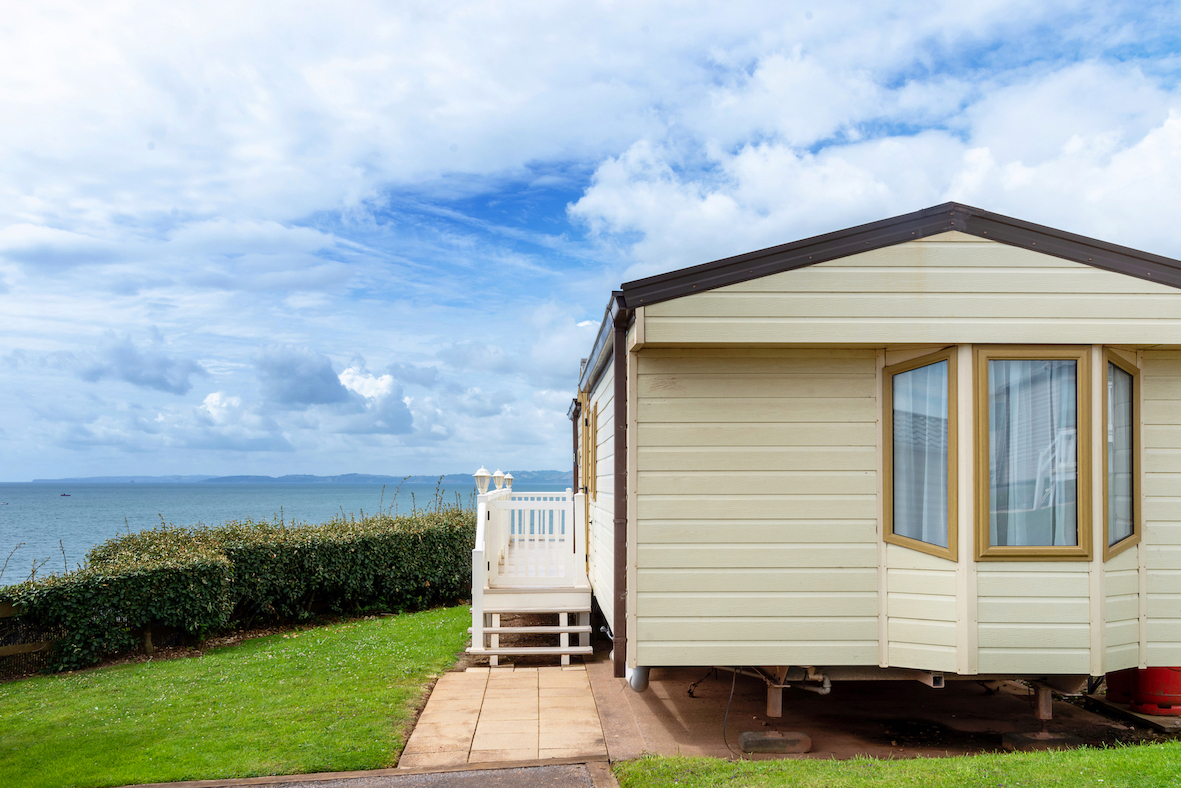
Purchasing a holiday home is exciting, bringing the promise of relaxing summers, family fun, or simply a place to unwind and spend time in your favourite location. If you own a second home, however, you’ll need to think carefully about insurance to protect against those off-season periods when your holiday home is unoccupied, even if you intend to let the property out.
HOLIDAY HOMES – UNDERSTANDING THE RISKS
Unfortunately, your standard home insurance policy won’t cover your holiday home, which means you’ll need to take out specific holiday home insurance to keep your holiday property protected.
Why? Primarily, this is because regular home insurance is based on the premise that the property will be occupied, with unoccupied periods lasting no more than 30 to 60 days. Even if you rent out your second home, it’s likely that your holiday property could be empty for a month or two each year.
Unsurprisingly, holiday homes are often left vacant for long periods of time, particularly off-season during the winter months. This increases the risk of burglary and can lead to significant damage, even for a small issue such as a missing roof tile or minor water leak. Left unchecked, problems such as these can cause extensive damage and necessitate expensive repairs, which is why holiday home insurance is a must.
INSURANCE FOR HOLIDAY HOMES EXPLAINED
Whether you’re looking to insure an Irish holiday home or a property overseas, you’ll want to research your options carefully. Much like regular home insurance, you will need to take out a policy with both buildings and contents cover, looking closely at the detail of your policy to make sure you get the most appropriate protection.
Buildings cover protects the structure of your holiday home against damage from events such as fire, storms, or flooding. For those with a mortgage on the property, this will be stipulated by your lender, however, it’s a wise precaution even if you own the property outright. Check your policy to see if it covers fire brigade charges, architects or surveyors fees following damage, or even loss of rent earnings if a property is uninhabitable as a result of an insured loss.
Contents cover can help you replace possessions in the event of a burglary. This could include, money, credit cards, or computer equipment and although contents insurance is not mandatory, it can provide peace of mind as the risk of theft is significantly greater for unoccupied properties.
Public liability insurance is essential if you plan to rent out your holiday home to fee paying guests. This protects against risks such as accidental damage as well as covering legal fees if someone is injured on your property. Think about features such as hot-tubs, swimming pools, open fires, or wood burners. These all carry additional risks, so it’s important to check the wording of your policy to understand exactly what is covered.
Finally, if you plan to let out your holiday home, there are some additional types of cover that you may want to consider. Should damage to your holiday home lead to cancelled bookings, loss of income insurance can help ensure your business does not suffer unduly. Likewise, if damage occurs once guests are in situ, alternative accommodation insurance covers the cost of finding them somewhere else to stay.
Of course, it’s never nice to think about events that could ruin a holiday, but it’s always worth taking time beforehand to check if your insurance will cover the costs involved.
INSPECTING AND MAINTAINING YOUR HOLIDAY HOME
So, how can you stop the kind of accidental damage that leads to lost bookings or cancelled trips to your holiday home?
Regular inspection and maintenance play an important role by reducing the risk of any long-term damage and expensive repairs. If you don’t live near your holiday home, or your holiday property is overseas, it’s a good idea to appoint a responsible person to check on your property once a month.
The following tasks should be performed throughout the year to prevent problems from occurring:
- Check the roof of your property for broken or missing tiles and remove any leaves that may have accumulated as blocked guttering and drains can cause flooding.
- Assess doors, gates, and windows to ensure the locks are secure and working properly. This can reduce the risk of break-ins if your holiday home is left unoccupied for long periods of time.
- Check electrical sockets and fittings for signs of wear and tear and have repairs carried out by a qualified electrician to reduce the risk of fire.
- Regularly test and replace all smoke and carbon monoxide detectors.
Establishing a property maintenance checklist will ensure you don’t miss anything and for those that rent out their holiday home, it’s a good idea to spend a few nights inside the property every once in a while. This can help to spot issues such as faulty appliances or dripping taps that are easy to miss during a visual inspection.
It’s also worth noting that some maintenance tasks may be a pre-requisite of your insurance policy. For example, where a holiday home is unoccupied during the winter months, you should ensure the water is switched off and the system is drained. Failure to do so could compromise your cover.
SELECTING HOLIDAY HOME INSURANCE
If you’re lucky enough to own a second home, it’s a good idea to take out appropriate holiday home insurance. Unlike regular home insurance, this can provide protection matched to the unique risks associated with your property – whether that’s a rental property with a pool, or private holiday home by the sea.
Here at OBF, our holiday home insurance experts are on hand to help you explore the different types of cover available and talk through the various risks. And while your policy can’t cover every scenario, with tailored holiday home insurance, you can ensure your property is protected against the most likely eventualities, even when you’re not there.